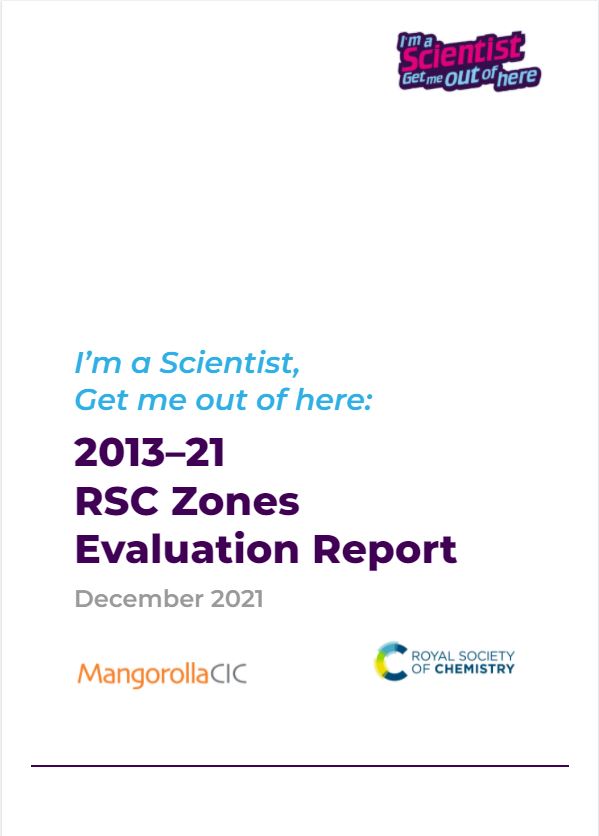Summary
- We ran 32 zones between June 2013 and October 2021
- Students interacted directly with scientists in 669 live chat sessions
- 13,519 students logged in with 86% actively engaging:
- Students from 401 schools took part.
- 61% of participating schools were widening participation or in underserved areas.
- 377 scientists took part:
- Scientists represented a wide range of areas within chemistry, and showed students a wide range of backgrounds, careers, and routes into STEM.
- Every school live chat included a discussion around chemistry; at least 51% of live chat conversations included chemistry related terminology:
- Additionally, 26% of questions in ‘Ask’, and 55% of answers from scientists included discussions relating to chemistry.
- Taking part in IAS supports students’ science capital:
- Research carried out in 2019 into the impact of taking part in IAS shows that IAS maps well onto the Science Capital Teaching Approach, supporting science capital dimensions including: science literacy, seeing science as relevant to everyday life, knowledge about the transferability of science/science qualifications, and especially, knowing people in science-related jobs.
- Taking part has a positive impact on participating scientists:
- Participating scientists reported increased skills (82%), confidence (75%), and enthusiasm (80%) for communicating research with lay people.
- 86% increased their understanding of young people’s views on medical research.
- 71% increased their interest in taking part in future public engagement activities.
- 77% reported benefits to their profile as a scientist and benefits to their professional reputation.
- Feedback from scientists:
- I enjoyed the text based nature of it as I have a stammer so it makes it harder to engage with strangers through speech.
- I’d recommend that every scientist should try this and find out how younger members of the public view us!
- A very positive experience that definitely encouraged em to engage more with the public and look for outreach opportunities.


